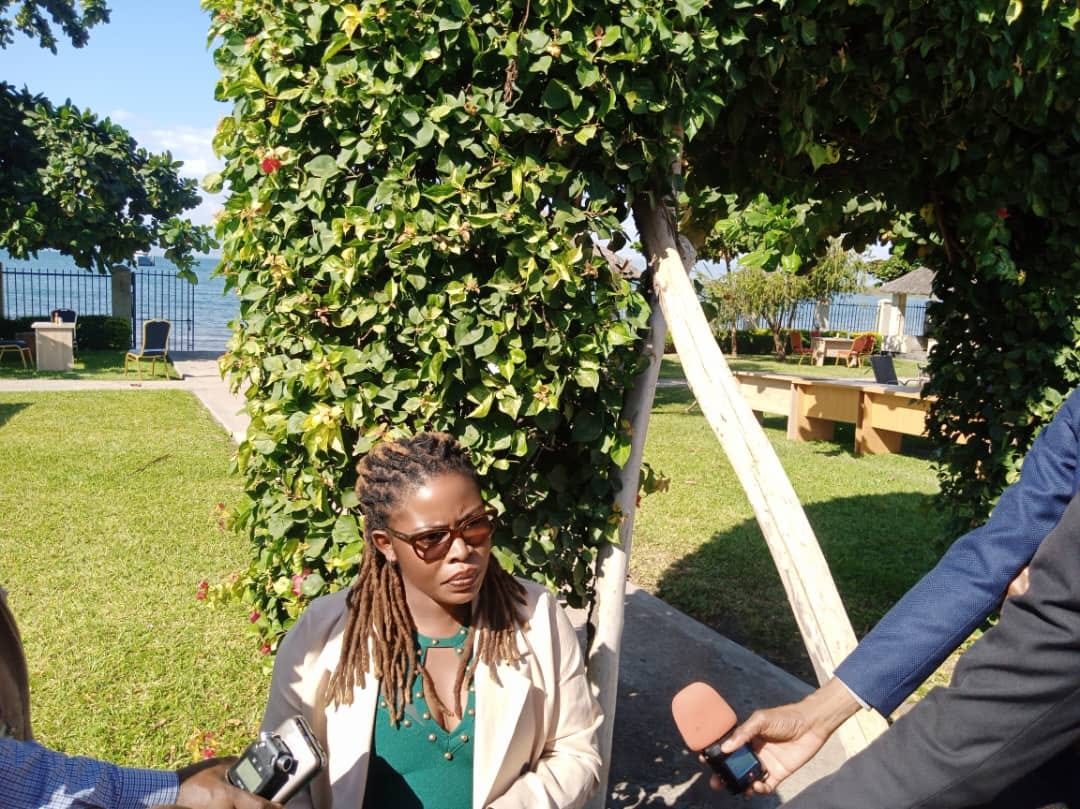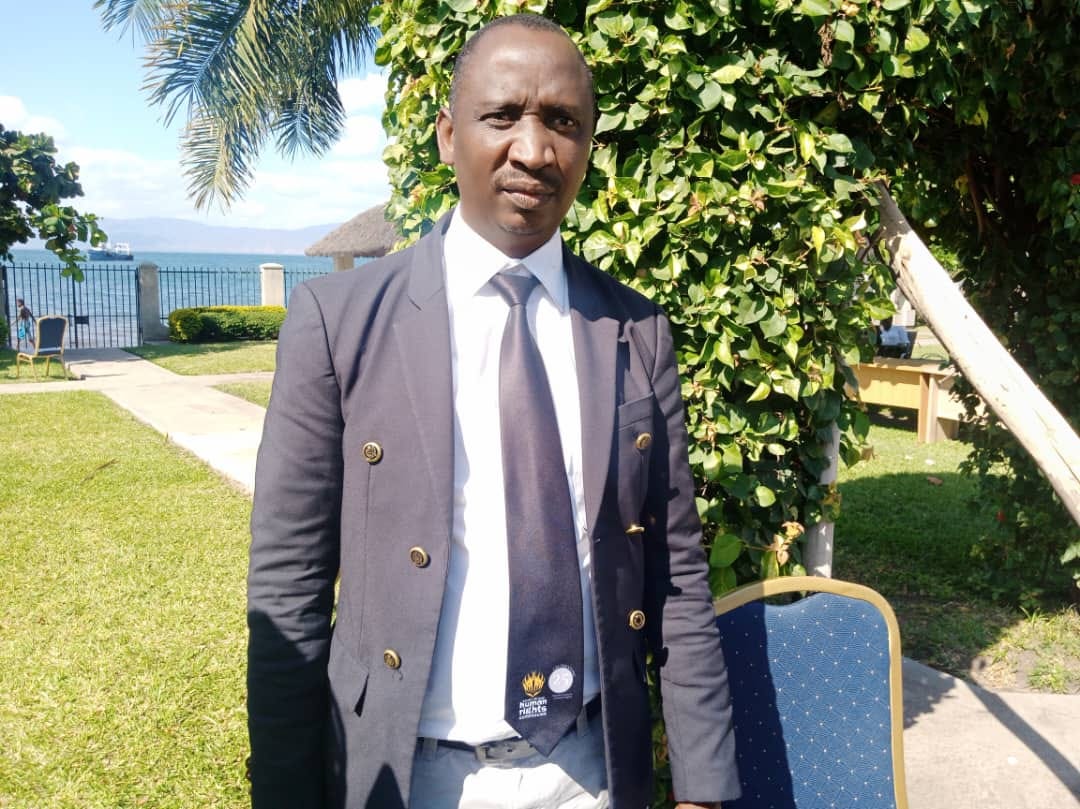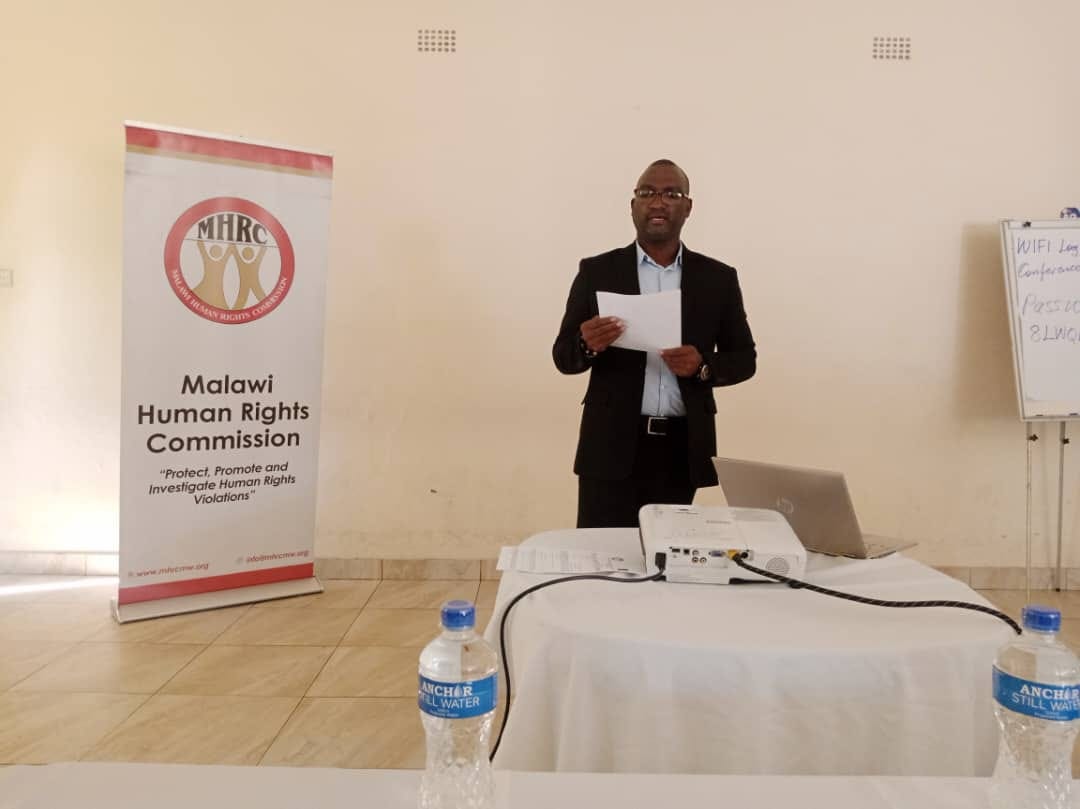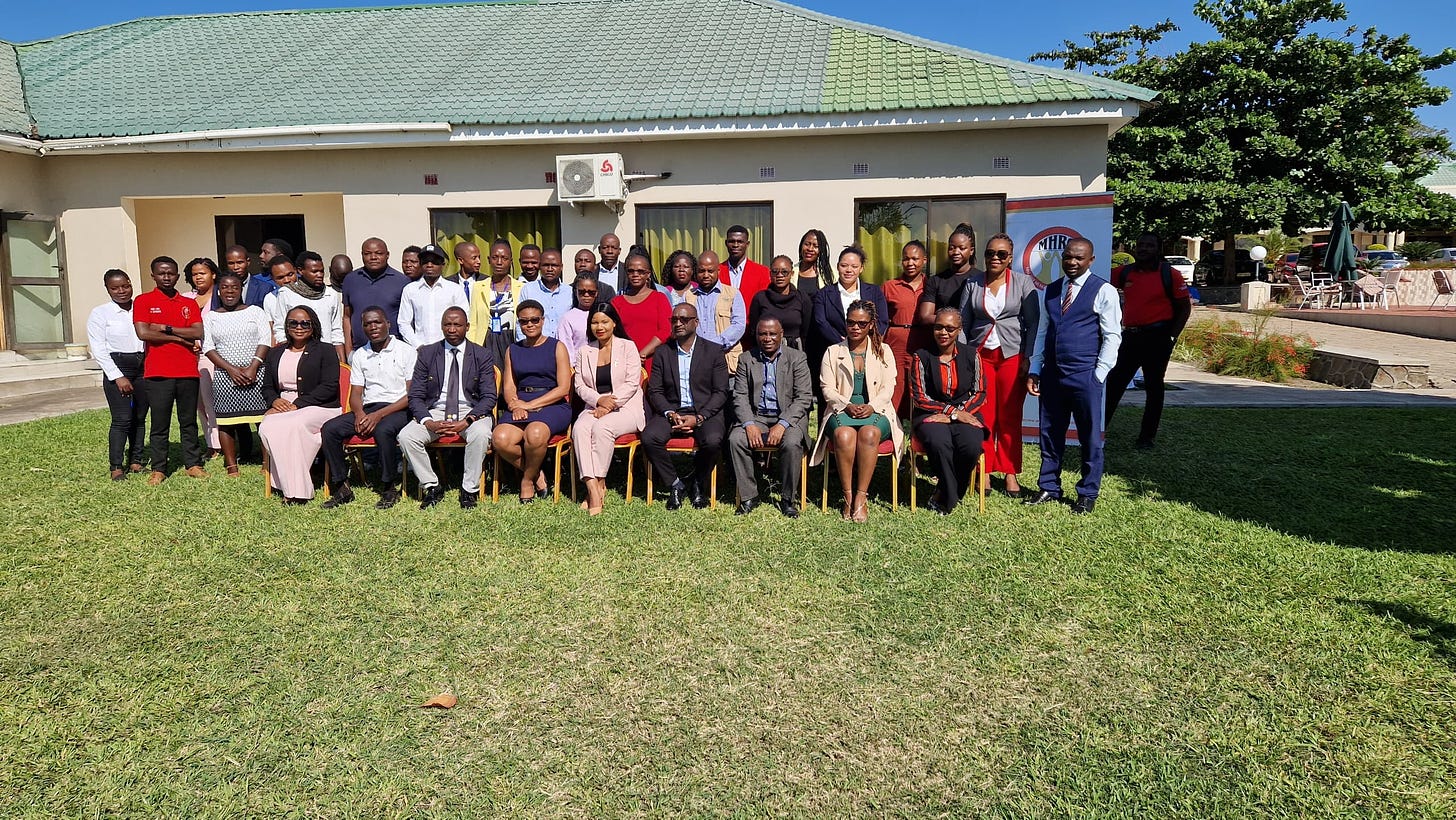Life on the Edge: Malawi's Refugees Struggle as Calls Grow for Integration
As part of the European Union-funded project, a network of human rights journalists will be established to collaborate with the commission in raising awareness and holding authorities accountable.
MANGOCHI, Malawi— The sprawling Dzaleka Refugee Camp, a vast sea of huts, stretches as far as the eye can see across sun-baked Dowa district in the central region of Malawi. But look closer, and a more sobering reality emerges, write Tionge Hara and Winston Mwale.
Devota Iradukunda knows this harsh truth all too well.
The Burundian refugee has called this overcrowded camp home for 22 years, after fleeing turmoil in her native country.
Yet life in Dzaleka is itself a daily struggle for survival.
"Refugees are desperate people," Iradukunda says, her eyes clouding with painful memories.
"Anyone can use them for anything because you're looking for survival. It's a daily survival."
Designed for just 12,000 residents, Dzaleka now bursts with over 54,000 refugees and asylum seekers from conflicts across Africa—more than four times its intended capacity.
Resources are scant, and no one feels it more than the refugees themselves.
"The resources in the camp are not enough," Iradukunda explains, her voice tinged with weariness.
"Currently we receive K9,200 to be specific" for an entire family's monthly allowance.
Meager rations and grinding poverty have bred a harsh underbelly—a world of crime, violence and despair as refugees resort to risky behaviors to survive.
Theft, prostitution and teenage pregnancies have become grim facts of life, refugees and officials say.
"In the camp, there are a lot of challenges," Iradukunda says quietly.
"People are being deported illegally without being given a chance to stand before the court."
Her sobering testimony came at a one-day media workshop this week in Mangochi, organized by the Malawi Human Rights Commission with the aim of improving media coverage and advocacy around the nation's swelling refugee population.
"This is quite a big problem for the country," admits Peter Chisi, the commission's director of civil and political rights.
"There's a lot of gap in terms of Malawians as well as refugees and asylum seekers knowing what exactly is happening."
For years, Malawi has pursued an encampment policy toward refugees, restricting their ability to work, start businesses or integrate into local communities and become self-reliant.
But officials acknowledge this approach has reached a breaking point.
"What has happened so far is that we have not really moved to work towards an integration framework adopted in 2016, known as the Comprehensive Refugee Response Framework,” Chisi said.
Under this plan, refugees were to be integrated into national development plans.
Yet progress has stalled, even as Malawi's refugee population grows and conditions deteriorate in places like Dzaleka camp.
Officials blame bureaucratic inertia and longstanding reservations to the 1951 Refugee Convention, which limits refugees' rights to work.
"We want to engage government so they can withdraw reservations made to the 1951 Convention," Chisi states.
"If we can integrate them into society, Malawi is going to benefit economically and two, we are going to reduce the burden on the government to feed these people on handouts."
For humanitarians working on the front lines, the need is clear.
"Our hope is that if we can integrate them into society...those who can be self-reliant, let them be self-reliant rather than relying on monthly handouts which are not enough at all," Chisi adds.
Accurate media portrayals, experts say, could help shift public perceptions and build support for refugee integration and rights.
"We need to dig deeper into the issues that affect refugees and asylum seekers," says Moses Kaufa, executive director of the Media Council of Malawi.
"We also need to avoid the exaggerations. The more we exaggerate, the more we tarnish the perception."
As part of the European Union-funded project, a network of human rights journalists will be established to collaborate with the commission in raising awareness and holding authorities accountable.
"As journalists we have the required information for us to write properly, to disseminate the right information and help people understand the life that refugees and asylum seekers are living," Kaufa told attendees.
Back in Dzaleka camp, refugees like Iradukunda hold onto hopes for a better future, through education for the camp's children and, perhaps, the long-awaited reforms to integrate them into Malawian society.
Until then, daily survival remains the pressing reality.
And as Malawi wrestles with its refugee policies, the human costs of that struggle play out each day behind Dzaleka's bustling sprawl.







